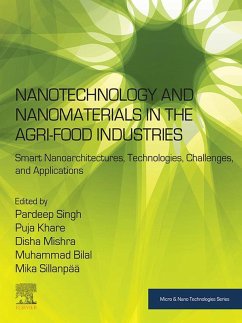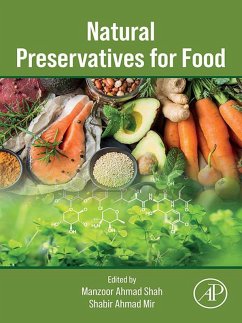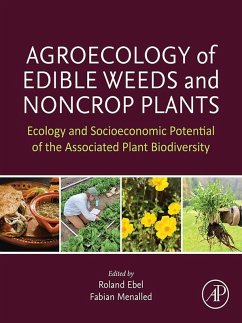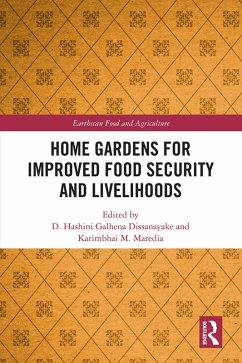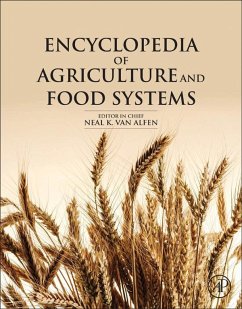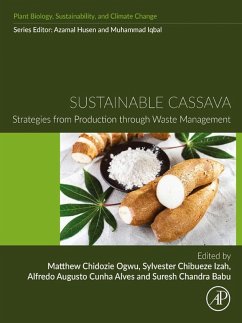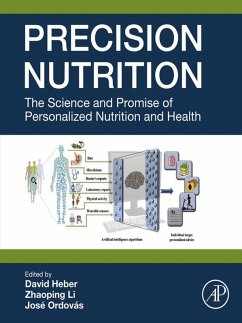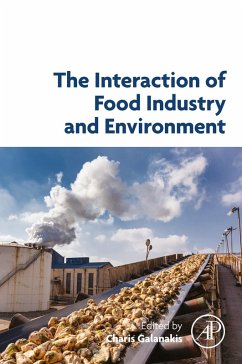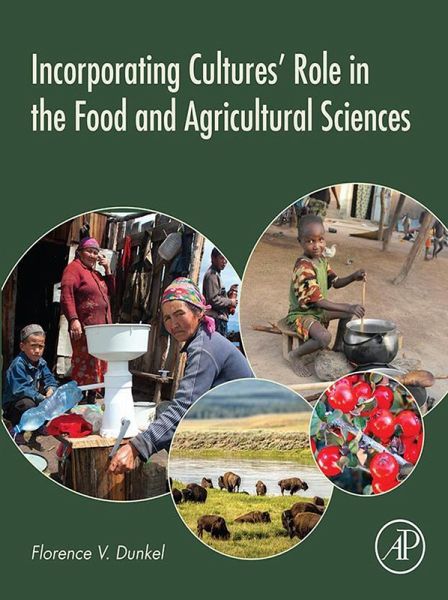
Incorporating Cultures' Role in the Food and Agricultural Sciences (eBook, ePUB)
Versandkostenfrei!
Sofort per Download lieferbar
67,95 €
inkl. MwSt.
Weitere Ausgaben:

PAYBACK Punkte
34 °P sammeln!
Incorporating Cultures' Role in the Food and Agricultural Sciences addresses the practical needs of the professors, administrators and students who often face challenges of working together with Indigenous peoples with whom they have no prior experience. Missed communication, failed projects and unrealistic goals are daily realities. Academia and industry often encounter frustration in recruiting and retaining Native American students and other ethnicities. This text is a guide for anyone working in the food or agriculture disciplines or industries, particularly for those working with people o...
Incorporating Cultures' Role in the Food and Agricultural Sciences addresses the practical needs of the professors, administrators and students who often face challenges of working together with Indigenous peoples with whom they have no prior experience. Missed communication, failed projects and unrealistic goals are daily realities. Academia and industry often encounter frustration in recruiting and retaining Native American students and other ethnicities. This text is a guide for anyone working in the food or agriculture disciplines or industries, particularly for those working with people of a culture different from one's own. Comprehensive, full awareness of one's own culture is a prerequisite for effective teaching and learning within another culture. This book is replete with stories, examples and peer-refereed journal articles to help build awareness. These stories, examples and articles from multiple voices are placed over a basic underlying framework that is summed up in the title of the book itself. - Provides compelling, well-referenced practical ways to understand the cultural component of behavior related to food and agriculture - Explores behavior in setting policy, developing curricula, interacting with communities and in making choices as a consumer - Connects the dots between food deserts, the disgust factor and the world's grand challenges - Includes lessons learned and new approaches in food and agricultural sciences using transdisciplinary, experiential action research methods - Contains practical, state-of-the-art methodologies and diagrams to get started improving intercultural competency, inclusivity and internationalization of food and agricultural sciences
Dieser Download kann aus rechtlichen Gründen nur mit Rechnungsadresse in A, B, BG, CY, CZ, D, DK, EW, E, FIN, F, GR, HR, H, IRL, I, LT, L, LR, M, NL, PL, P, R, S, SLO, SK ausgeliefert werden.





